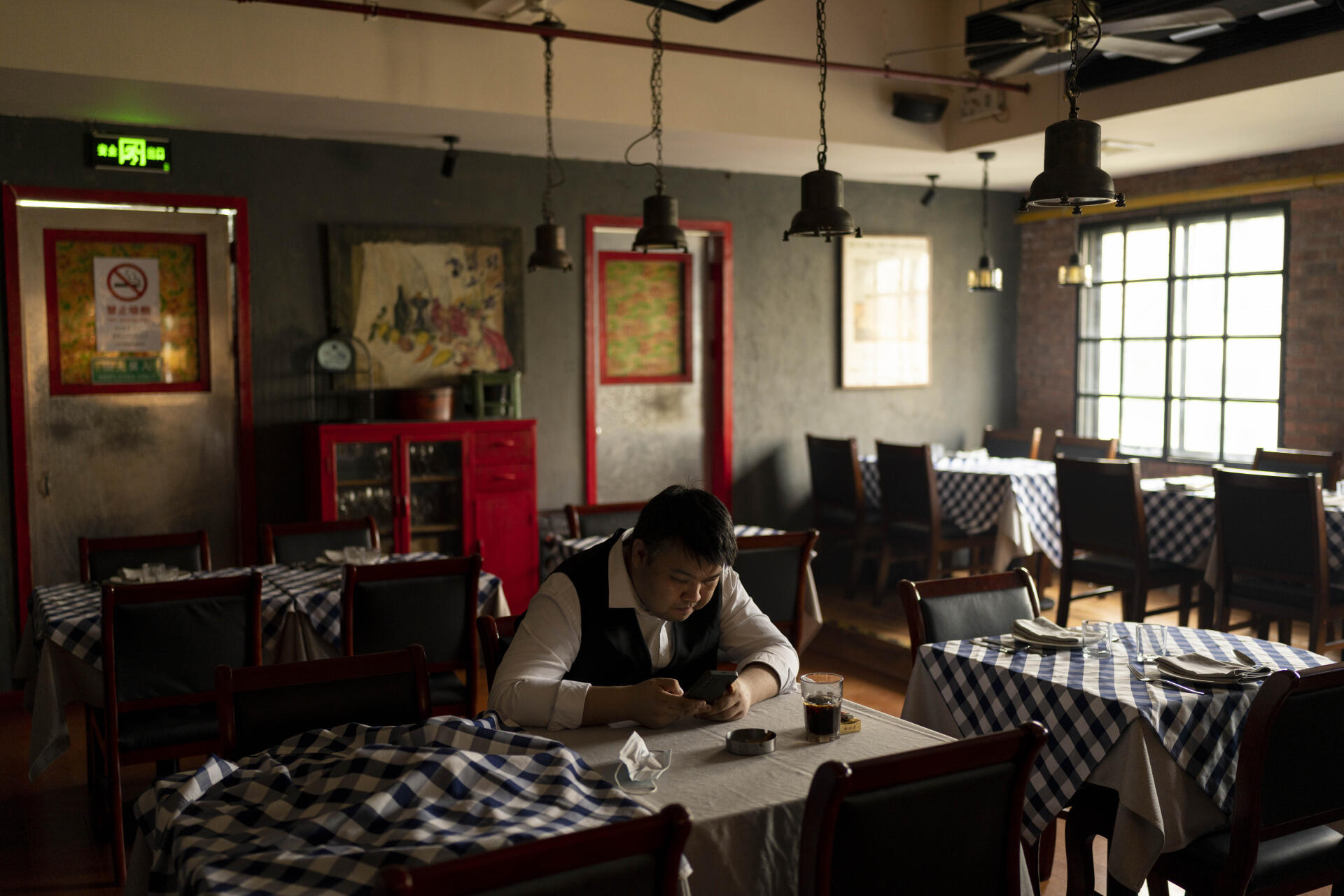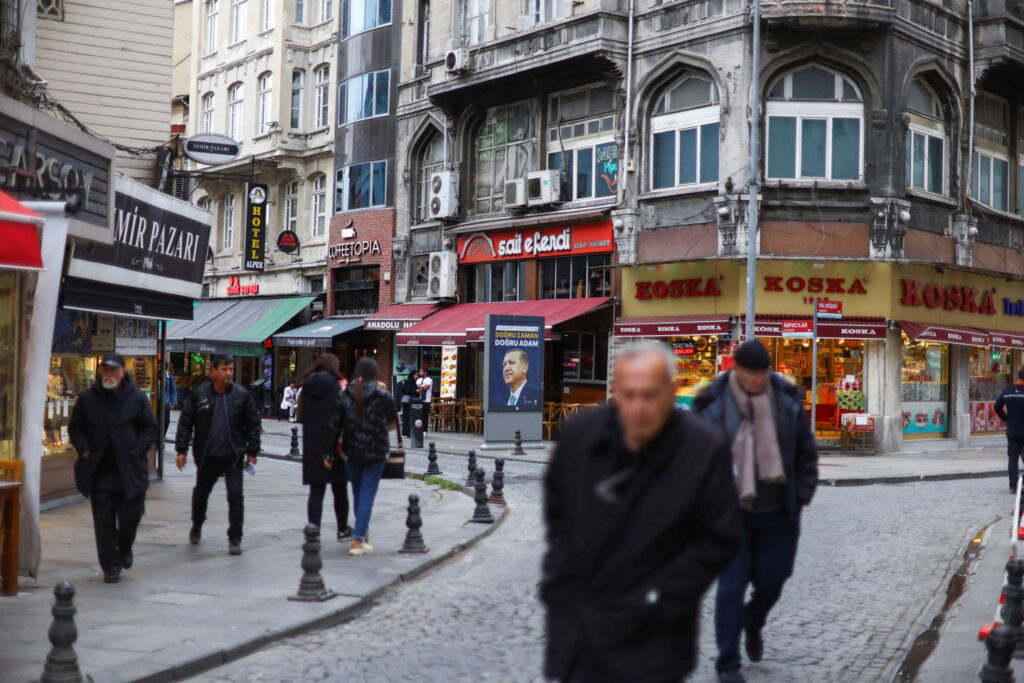Yaqing, who declined to give his name, wearing jeans and a black T-shirt, filled a basket with crisps, cupcakes and cosmetics. At the checkout, the 28-year-old woman shows her virtual loyalty card before paying: she is a regular at Hotmaxx, a chain of stores offering products close to their expiry date at discounted prices.
A professional dancer, she hardly worked in 2022, when most shows were canceled due to the zero Covid policy and its repeated confinements. “Now it’s better, the events resume, but I continue to be careful”, she testifies. When employees leave work, the store located in the basement of a shopping center in western Shanghai is always full.
Chains of discounted products like Hotmaxx, founded in 2014, have been very successful since the end of the zero Covid policy in December 2022. Because if, since then, the Chinese are emerging, they remain cautious when it comes to spending their money. After a boom in consumption at the start of the year, economic indicators show a slowdown since April. “There was an explosion of activity just after the reopening: people took the opportunity to go to restaurants and the cinema, but since then the enthusiasm has subsided a bit”describes Louise Loo, China economist at Oxford Economics.

Retail sales, the main measure of consumption, disappointed in April, with a monthly increase of 0.49%, against 0.78% in March and 1.64% in February. Over one year, consumption increased by 18.4%, but the basis of comparison is particularly weak, the fault of the confinement of Shanghai, in the spring of 2022. Industrial production, meanwhile, increased by 5.6% in April , disappointing, there also, the economists, who envisaged the double. Figures that draw a chaotic recovery: after a positive first quarter, which had recorded 4.5% annual growth, the evolution of activity is fueling uncertainty about the future of the Chinese economy.
Saving rather than spending
If some sectors, such as luxury or tourism, do not experience the crisis, others are hit hard. Automotive sales are slightly negative over the first four months of the year. Those of smartphones fell by 5%.
As for wine sales, they are doing badly: “We work a lot, but it’s not enough, testifies a commercial in a company representing French castles in China, who wishes to remain anonymous. Stocks are high and sales are low, because wine is seen as a non-essential product that people do without when they want to cut costs. »
You have 53.85% of this article left to read. The following is for subscribers only.



